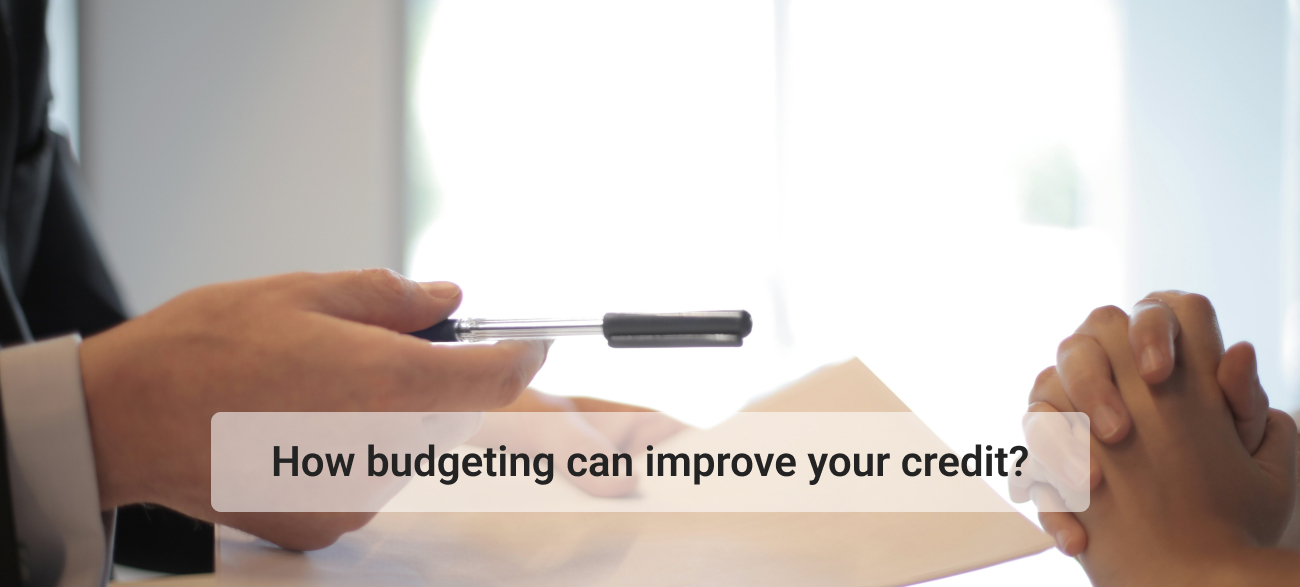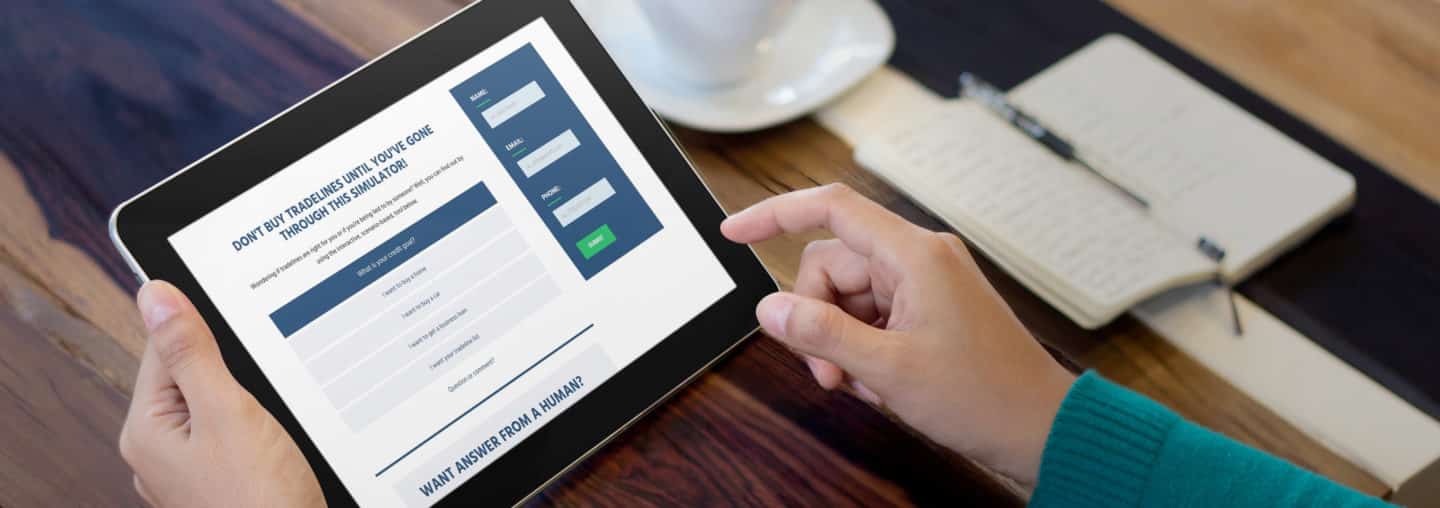Budgeting is a lesson in money management that cannot be emphasized enough. The best way to ensure your family's financial security is to stick to your budget.
Not yet persuaded? Here are six compelling arguments for why everyone should make and follow a budget.
1. It enables you to maintain your focus.
A budget enables you to identify and work toward your long-term objectives. How will you ever save enough money to buy a car or make a down payment on a house if you just drift aimlessly through life, throwing your money at any attractive, sparkly object that seems to catch your eye?
A budget compels you to set goals, save money, monitor your progress, and realise your aspirations. Okay, so it could be painful to learn that the brand-new Xbox game or the exquisite cashmere sweater in the store window are out of your price range. But it will be lot simpler to turn around and leave the store empty-handed if you remind yourself that you are saving money for a new house.
2. It enables you to avoid spending money you don't have.
Consumers spend far too much money that they don't have, and credit cards are entirely to blame for this. In actuality, the average family credit card debt in 2021 was $5,525. Before the advent of plastic, people tended to be aware of their financial situation. If they had enough money at the end of the month to cover their expenses and put some money away for savings, they were on the right track. Nowadays, people who misuse their credit cards often don't become aware of their spending habits until they are in serious debt.
But if you make and follow a budget, you'll never be in this precarious situation. You'll be fully aware of your income, your monthly spending capacity, and your required savings amount. It's true that budgeting and figure crunching aren't nearly as entertaining as mindless shopping. But consider this: this time next year, when your frivolous pals are scheduling a debt counselling session, you'll be flying off on that European vacation you've been saving for—or, even better, moving into your new house.
3. It Contributes to a More Content Retirement
Assume you manage your finances well, stick to your spending plan, and never accrue credit card debt. Bravo for you! But don't you seem to be missing something? Saving money is essential for your future, just as it is crucial to use your money sensibly today.
You can achieve that by using a budget. Including investing contributions in your budget is crucial. You can eventually accumulate a comfortable nest egg if you set aside a percentage of your income each month to put into your IRA, 401(k), or other retirement accounts. Even though you might have to make some sacrifices today, it will be worthwhile in the long run. After all, which would you prefer: working as a greeter at the nearby grocery store to make ends meet, or playing golf and visiting the beach in your retirement? Exactly.
4. It Aids in Emergency Preparedness
Unexpected surprises abound in life, some of which are better than others. Financial hardship might result from losing your job, getting sick or hurt, getting divorced, or experiencing a death in the family. Of course, it seems like these situations usually happen when you least expect them—when you already have a tight budget. Exactly for this reason, everyone requires an emergency fund.
An emergency reserve that covers at least three to six months' worth of spending should be included in your budget. After a crisis in your life, this extra cash will ensure that you don't fall further and further into debt. Of course, saving up three to six months' worth of costs will take time.
Try not to immediately deposit the majority of your paycheck into your emergency fund. Create a budget for it, make attainable goals, and begin small. Your emergency fund will gradually increase even if you only set aside $10 to $30 per week. Depending on your strategy, budgeting applications like Mint or YNAB offer tools for creating an emergency fund.
5. It Aids in Exposing Bad Spending Patterns
You are forced to examine your spending patterns after creating a budget. You might discover that you're shelling out cash on goods you don't require. If you have a pricey extended cable plan or numerous streaming subscriptions, do you really watch all 500 channels? Are thirty pairs of black shoes really necessary? You can reevaluate your spending patterns and refocus your financial objectives by using a budget.
6. It's More Effective Than Sheep Counting
You'll get more sleep if you stick to a budget. How many times have you been unable to sleep because of stress about how you would pay your bills? People who have trouble sleeping because of money problems are letting their money rule them. reclaim the initiative. You won't ever again lose sleep over money worries if you manage your finances well.
Of course, this is only the very beginning. There are innumerable additional benefits to sticking to a budget. Why then wait? It's time to create a budget!
What Justifies Budgeting?
Having a budget promotes financial stability. A budget makes it simpler to pay bills on time, accumulate an emergency fund, and save for significant costs like a car or home by keeping track of spending and sticking to a plan. Overall, having a budget gives a person more financial stability for both the short and long term.
What Exactly Is a Reserve Fund?
A three to six month's worth of living expenditures are placed away in an emergency fund in the event of an unforeseen life crisis, such as job loss, illness, or home repair costs. Keeping reserve funds will help you to avoid any kind of crises or financial emergency.
Conclusion
Depending on the person, there are several justifications for having a budget. A budget can frequently aid in achieving financial freedom and independence. A budget can help you reach your financial objectives, live within your means, save for retirement, create an emergency fund, and track your spending patterns.



